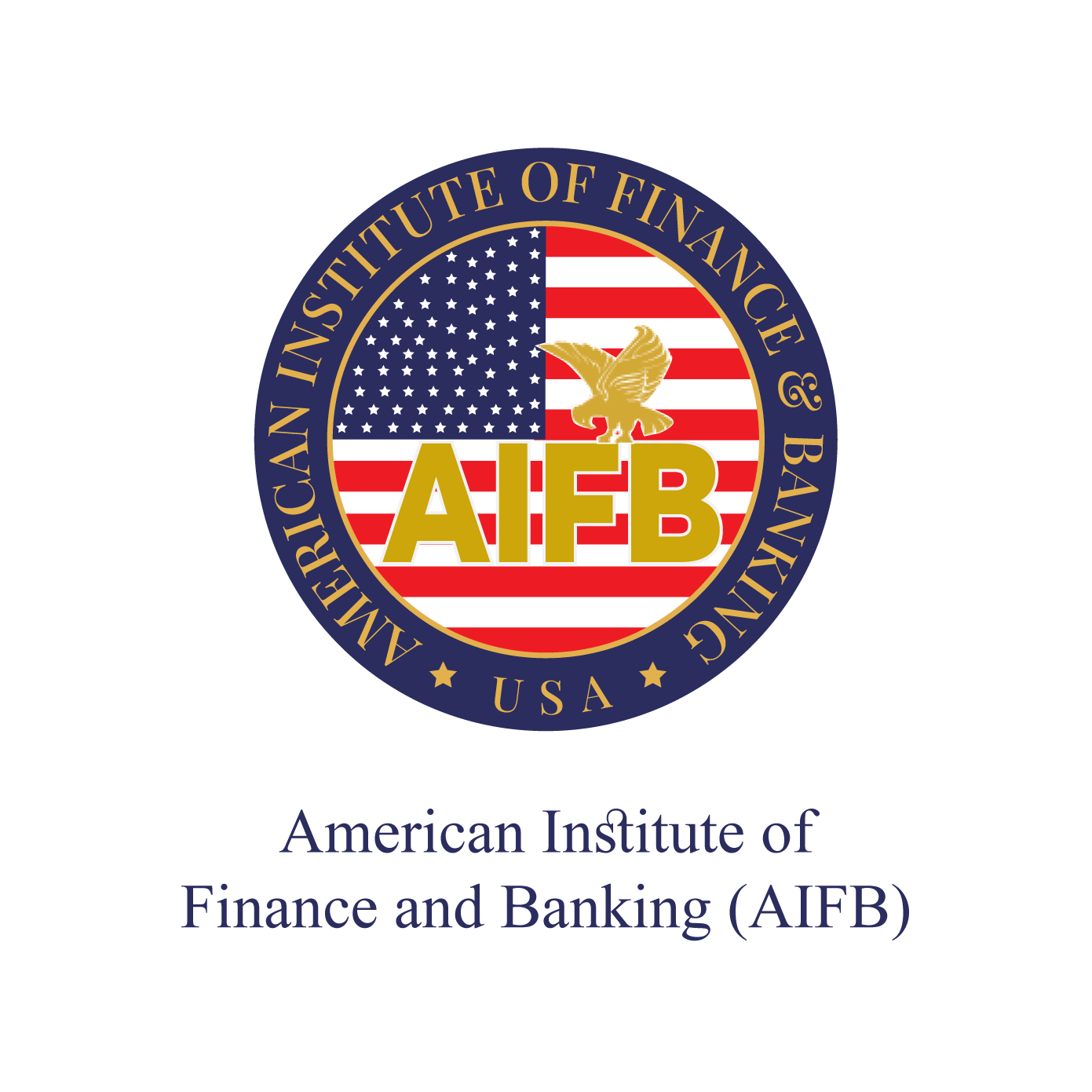
The American Institute of Finance and Banking (AIFB) is a premier institution dedicated to developing executive leadership in the global finance and banking industry. As an esteemed affiliate of the American Institute of Business and Management (AIBM), AIFB carries forward AIBM’s legacy of academic excellence and international recognition while focusing exclusively on the financial services domain. In a rapidly transforming financial world shaped by digital innovation, sustainability imperatives, and complex regulatory frameworks, AIFB provides specialized, globally recognized certifications tailored to empower professionals with the strategic tools and leadership mindset required to navigate this evolving landscape.
AIFB offers a comprehensive suite of certification programs designed to meet the practical challenges of today’s financial institutions. Whether leading digital banking initiatives, managing risk and compliance, driving sustainable finance, or innovating in fintech and investment management, AIFB’s programs are created to elevate leadership across banks, fintech firms, asset managers, insurance providers, and financial regulatory bodies. Through real-world case studies, executive simulations, and mentorship from industry veterans, participants gain deep insights into global standards such as IFRS, Basel III, ESG frameworks, and emerging financial technologies.
As an affiliate of AIBM, AIFB benefits from access to a global academic network, cross-disciplinary insights, and international thought leadership forums, while retaining sector-specific independence. This affiliation strengthens the credibility of AIFB certifications and reinforces their alignment with global best practices. The institute’s modular, flexible learning approach allows professionals to advance their careers while balancing demanding work schedules, ensuring that learning is both accessible and transformative.
AIFB stands for ethical, forward-thinking, and impact-driven finance leadership. Its commitment to fostering innovation, diversity, financial inclusion, and sustainable finance is embedded in every program it offers. More than a certifying body, AIFB is a catalyst for change—empowering finance professionals to lead with confidence, clarity, and purpose in a volatile and opportunity-rich global financial environment.
In the ever-evolving landscape of the 21st century, the realms of Finance and Banking stand as pillars of the global economy, steering the allocation of capital and managing financial resources. These sectors are not only pivotal in facilitating economic activities but are also experiencing significant transformations driven by technological advancements and shifting market dynamics. In this discourse, we will delve into the current and future job prospects within Finance and Banking, underscored by the increasing relevance of certifications in these fields.
The current job market in Finance and Banking is robust and diverse, reflecting the multifaceted nature of these industries. Professionals in this sector are crucial for managing funds, assessing risks, and ensuring the efficient functioning of financial systems. Some prominent job roles include:
The Finance and Banking sector is also witnessing an evolution in job opportunities, with increased demand for roles related to financial technology (FinTech), data analysis, and sustainability-focused finance.
The future of Finance and Banking promises exciting opportunities driven by emerging trends and industry shifts:
A study by PwC reported that 86% of financial services CEOs were concerned about the availability of key skills in their workforce, highlighting the need for specialized financial education and training. Source: PwC, 2020
The U.S. Bureau of Labor Statistics projected a 5% growth in employment for financial analysts from 2019 to 2029, reflecting steady demand for financial professionals. Source: U.S. Bureau of Labor Statistics, 2020
The global FinTech market was valued at $127.66 billion in 2018 and is projected to reach $309.98 billion by 2022, illustrating the rapid growth of technology-driven financial services. Source: PRNewswire.com
In the rapidly evolving Finance and Banking sector, certifications hold a crucial role. They provide professionals with specialized knowledge and skills, enhancing their competence and employability. Here’s why certifications are essential:
In conclusion, Finance and Banking in the 21st century are dynamic fields with a wide range of current and future job opportunities. Certifications play a vital role in equipping professionals with the skills and knowledge needed to excel in these industries, making them indispensable for career advancement and success.

AIBM and its subsidiary institutions AIFB, AICM, AIDSAI, AIDM, AIREM, AIEM, AIEHSM, AIHHM, AIIT, AIIM, AIIHM, AIOGM, AIPC, AIPLM, AIREM, PowerPhD Institute and OMI offer a range of progressive, flexible and affordable business, management and skill based professional certifications.